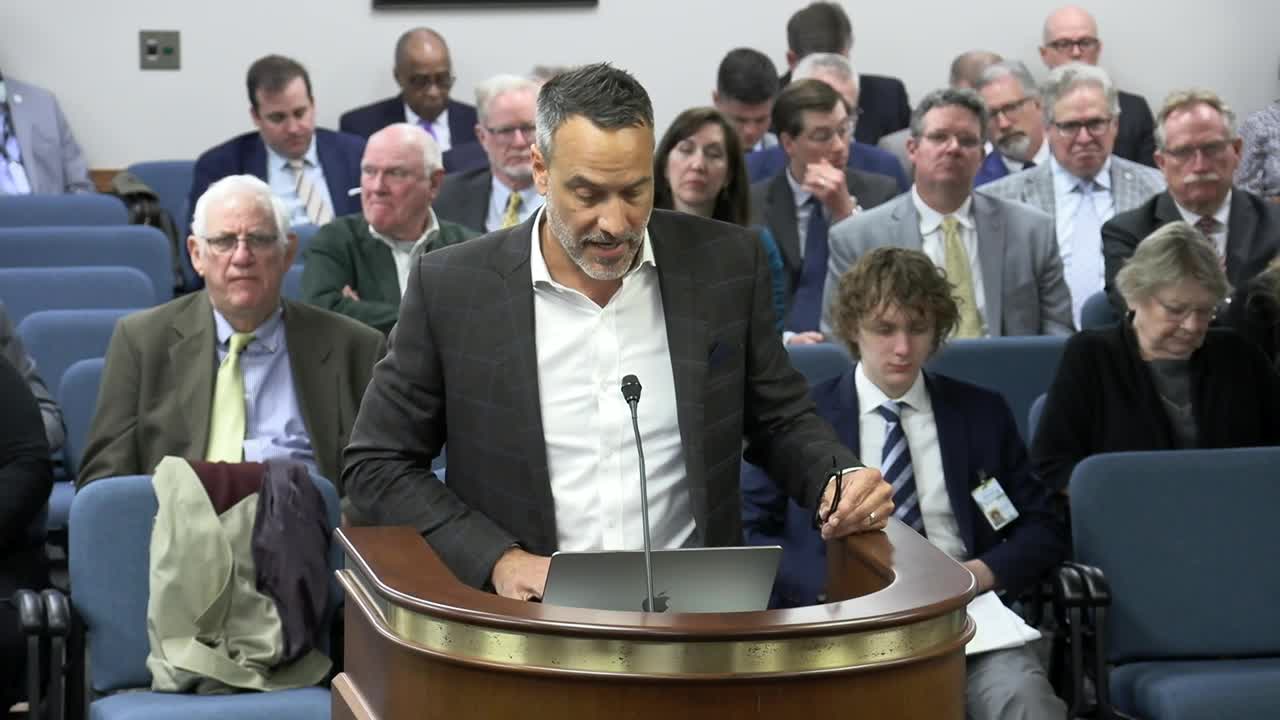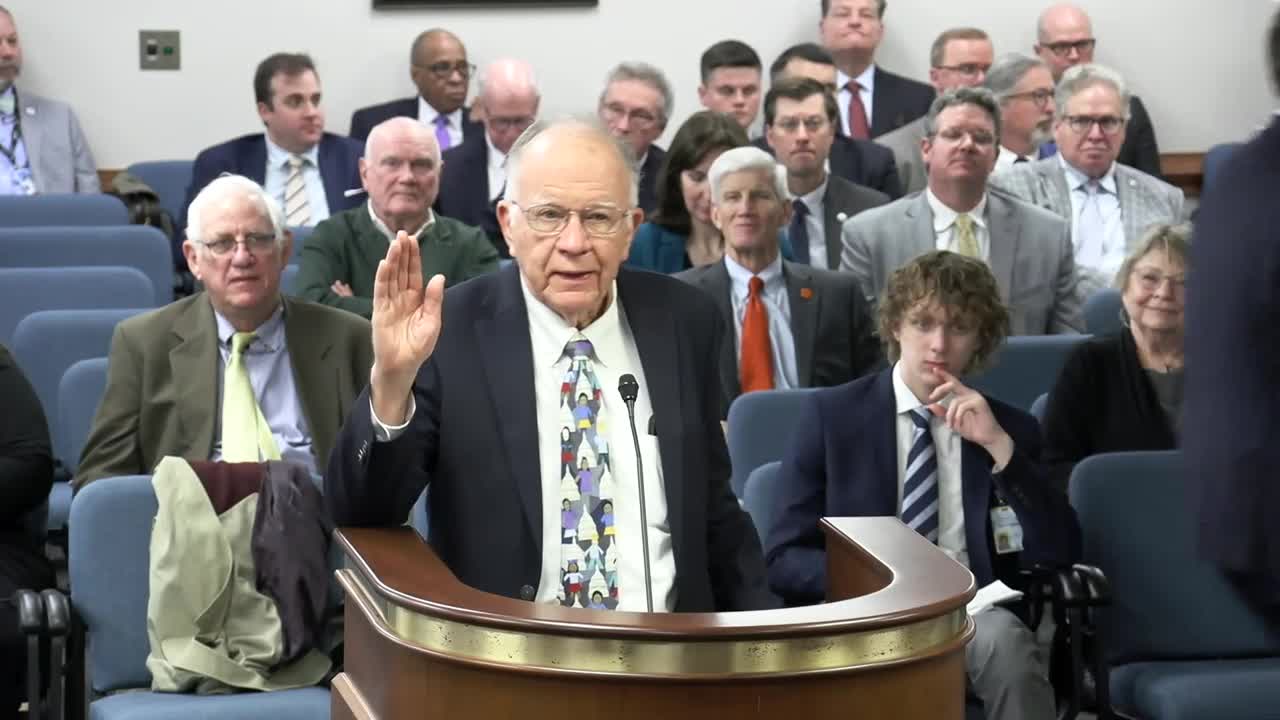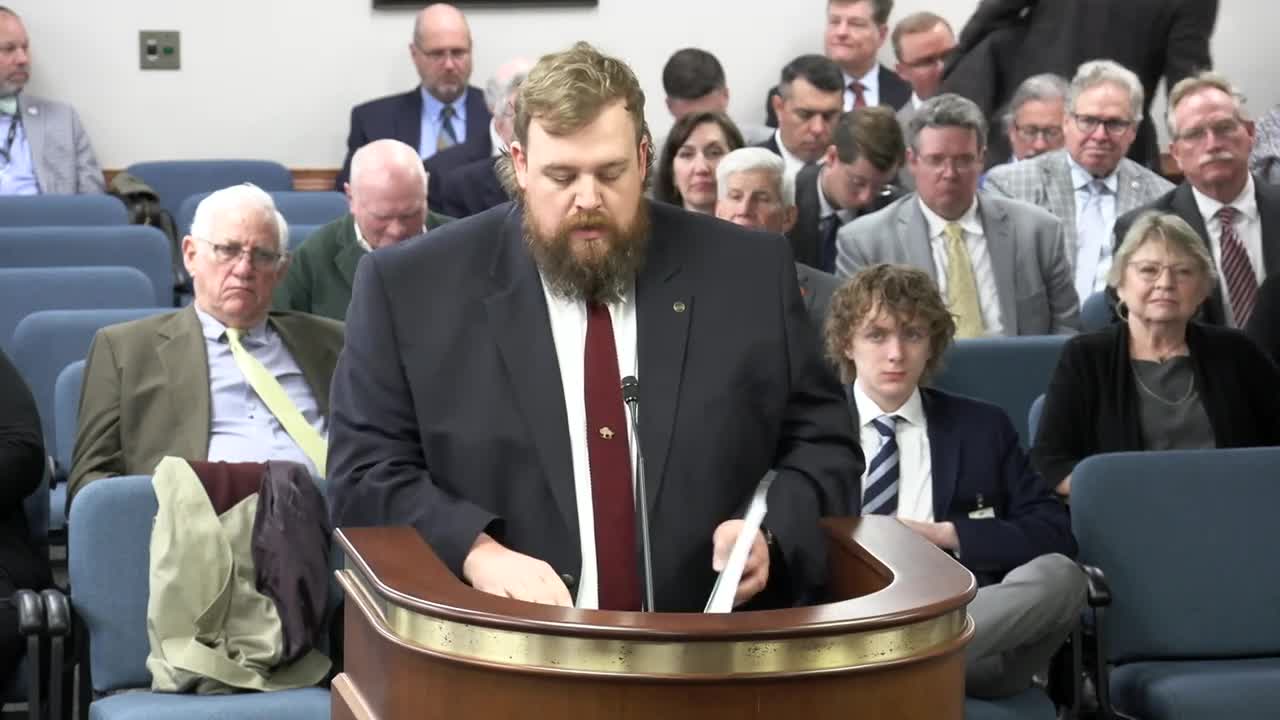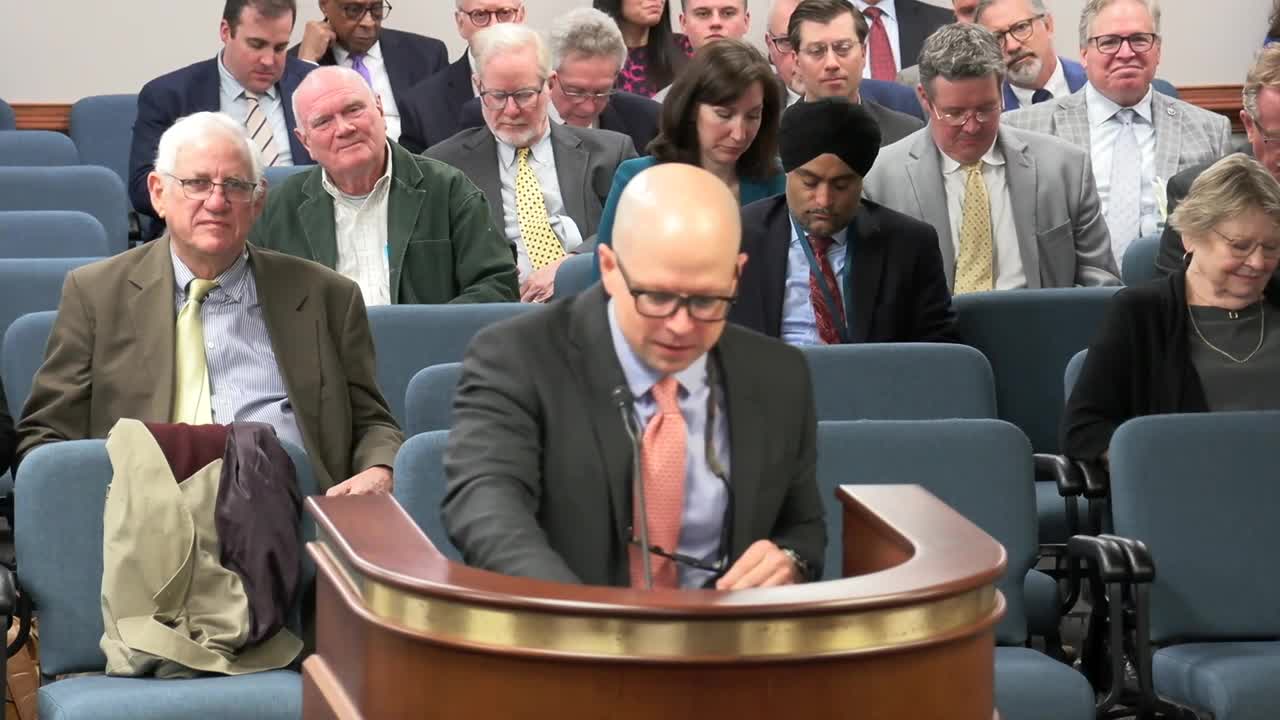Article not found
This article is no longer available. But don't worry—we've gathered other articles that discuss the same topic.

Solar and Storage Industry Urges Competitive Procurement, Flags Siting Act Changes

Consumer Groups Warn Economic‑Development Rates and Data‑Center Deals Could Shift Costs to Households

Proposed Kennedy’s Gas Plant Draws Scrutiny Over Flooding, Equity and Cost Risks

